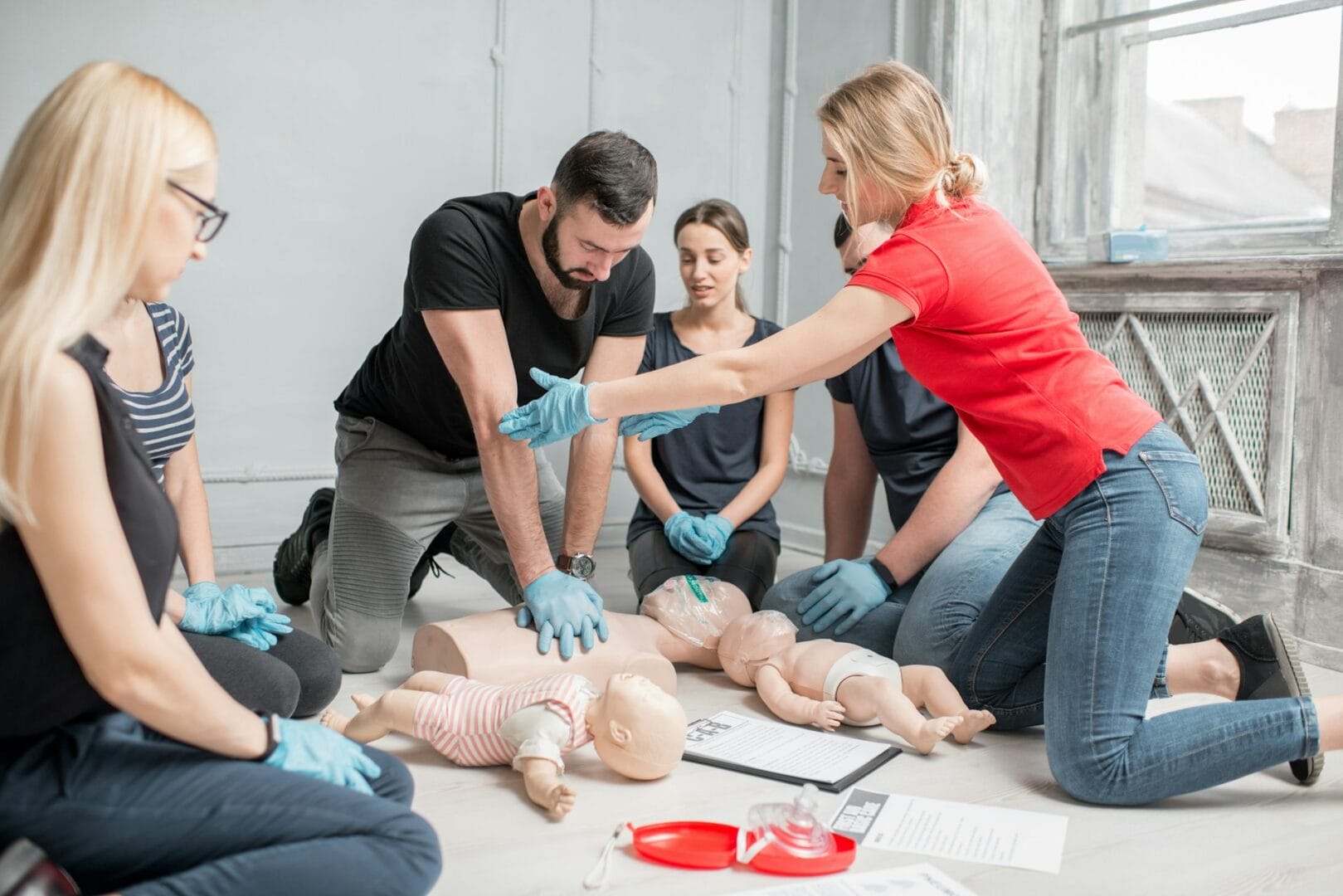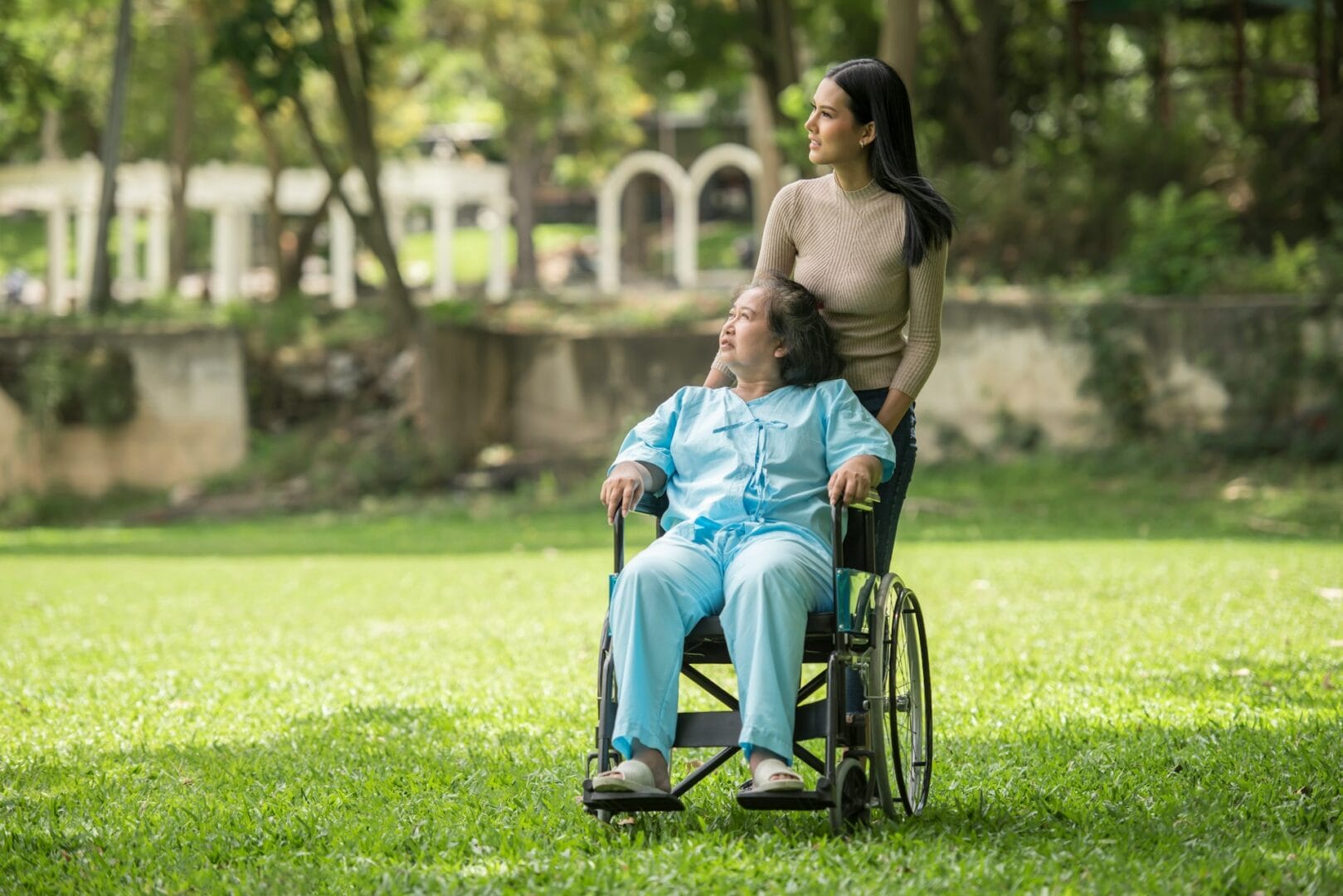Caregiver training programs are a crucial component in preparing individuals for the demanding yet fulfilling role of supporting those in need. Whether it’s working with seniors, individuals with disabilities, or others requiring assistance, these programs help build essential skills and knowledge. However, what happens when these programs fall short of expectations? It’s a scenario that many aspiring caregivers may face, and it can be particularly challenging. The quality of training directly impacts the confidence and competence of caregivers, affecting the level of care they can provide. In places like Roswell, GA, where community care is a growing priority, finding programs that meet the necessary standards is important.
When faced with an underwhelming training program, it’s easy to feel frustrated. But it’s also an opportunity to seek alternatives and empower oneself with additional learning options. Addressing these gaps is crucial, not just for personal growth but also for the well-being of those who rely on caregivers’ skills. By identifying weaknesses and taking proactive steps, caregivers can ensure they are fully prepared to meet ever-changing demands.
Identifying the Gaps in Training
Recognizing the flaws in a program begins with understanding what’s missing. Caregiver training programs should cover a comprehensive range of topics, including practical skills and theoretical knowledge. If you find outdated content or a lack of hands-on practice a common problem, these are signs of effective training lacking. Here are some indicators:
– Outdated Information: If the coursework includes information or techniques that seem out of sync with current practices, then it may be time to seek out more modern resources.
– Limited Hands-On Experience: Caregiving is hands-on. If a program is heavily focused on theory with little to no practical application, it’s hard for learners to translate knowledge into real-world skills.
– Lack of Supportive Resources: Proper guidance and materials for ongoing learning need to be present in a quality program. If these aspects are lacking, caregivers may struggle to perform confidently.
These gaps can significantly affect both the caregivers and the individuals they assist. Poorly structured programs can lead to caregivers feeling unprepared, which can ultimately impact the quality of care provided. It’s important to acknowledge these shortcomings and address them head-on.
Steps to Take When Training Falls Short
When caregiver training programs don’t meet expectations, it’s important to act quickly. Begin by applying what you know through on-the-job experiences. This means seeking out practical tasks that allow you to learn as you go. Sometimes the best teacher is real-life situations, where you can see immediate results and adjust as needed.
Supplementing your learning with additional resources is also a smart move. There are plenty of online courses and workshops available that can cover any gaps in your initial training. These resources often provide the latest information and techniques that may be missing from your current program.
– Look for online courses specific to caregiving challenges you’re facing.
– Attend workshops hosted by industry experts.
– Join groups or forums where caregivers share insights and tips.
Finally, don’t underestimate the power of feedback. Talk to colleagues who have more experience and can offer guidance or share their own learning journeys. Constructive feedback can point you in the right direction and help you grow your skill set.
Advocating for Better Training Programs
Speaking up about deficiencies in training is key to fostering improvements. Open a dialogue with program providers, explaining what isn’t working and why. Constructive conversations can lead to better programs in the long run.
– Share specific examples of what could be improved.
– Suggest updates based on the latest caregiving standards.
– Encourage the inclusion of more hands-on elements.
Push for curriculum updates and improvements by being an active participant. If enough caregivers express the need for change, program providers are more likely to listen. Participating in community and professional networks is another way to share resources and advice.
Engage with others facing similar challenges. Whether through local caregiver groups or online communities, sharing information can create a support network that benefits everyone.
Long-Term Strategies for Continuous Improvement
Education in caregiving should be ongoing. Staying updated with the latest in caregiving standards helps ensure you provide the best care possible. Create a personal learning plan that includes regular skill assessments and professional growth goals. This plan can guide your development and keep you motivated.
Networking in Roswell, GA, offers ample opportunities for growth, whether it’s through evening courses at local colleges or meet-ups for caregiving professionals. Keep an eye out for these events—they can be a great way to expand your knowledge and make professional connections.
Looking Forward to Better Training Experiences
Reflecting on these strategies can help ensure your caregiving journey is a successful one. By taking proactive steps, you can transform an underwhelming start into a fulfilling and effective career. Remember, training is just the beginning. The drive to improve and adapt sets apart the most effective caregivers.
Moving forward, stay engaged with new learning opportunities. Explore resources and advocate for better training standards. Strong training not only benefits the caregivers but also enhances the quality of life for those they serve.
To hone your skills and keep up with industry standards, explore more about caregiver training programs with DuMonde Management & Consulting. Empower yourself with the knowledge and support necessary to excel in your caregiving career. Embrace new opportunities and ensure you’re providing the best possible care to those who depend on you.



